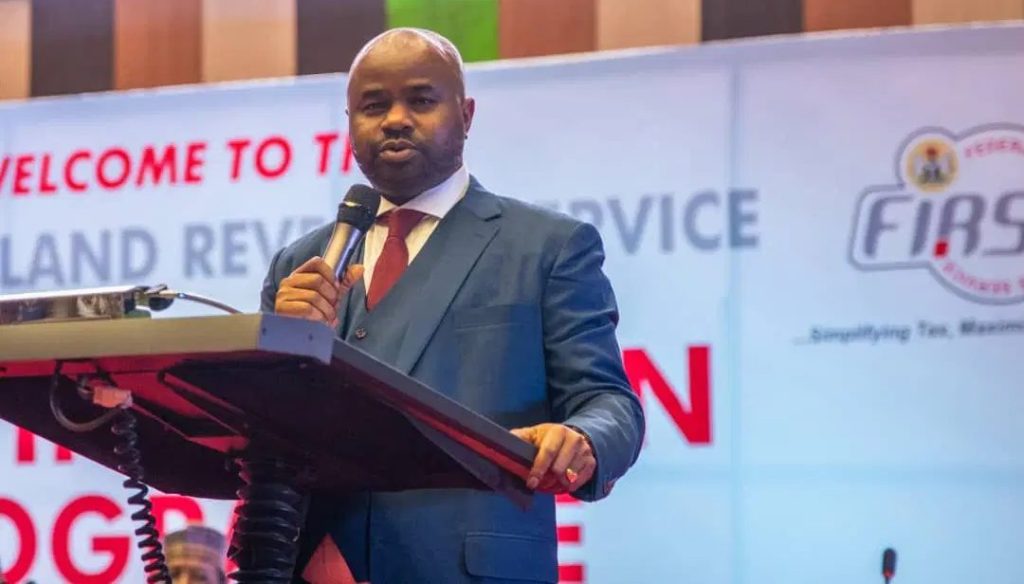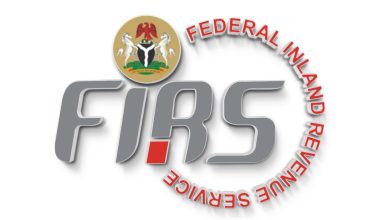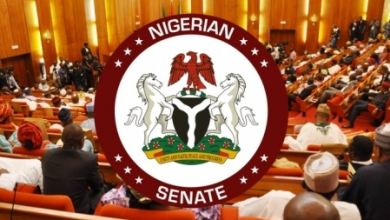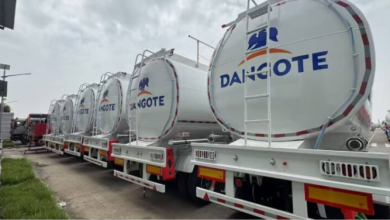Nigeria Needs Voluntary Tax Compliance to Boost Revenues, FIRS
FIRS says voluntary compliance is the most sustainable path to boost Nigeria’s revenue growth.
Officials highlight e-invoicing as a tool to reduce evasion, build trust, and strengthen fiscal stability.
The Federal Inland Revenue Service (FIRS) has emphasized that voluntary compliance remains the most sustainable way to boost Nigeria’s tax revenues and strengthen fiscal stability.

During a two-day workshop on E-Invoice post-implementation, Tayo Koleosho, Chief of Staff to the Executive Chairman of FIRS, emphasized the drawbacks of relying solely on audits to promote tax compliance. He explained that while audits remain a tool for enforcement, they often create a hostile business environment and can disrupt operations, making them less effective for long-term revenue growth.
“Voluntary compliance offers a more sustainable and business-friendly approach to taxation. It helps build trust between taxpayers and the Service while ensuring steady revenue for national development,” Koleosho said.
He noted that Nigeria’s adoption of electronic invoicing (e-invoicing) represents a significant step toward aligning with global best practices. The digital platform, he explained, is designed to minimize tax evasion, reduce the number of audits required, and enhance transparency in business transactions.
Koleosho stressed that voluntary compliance is directly tied to increased government revenue. “There is a direct correlation between increased voluntary compliance, which enhances the Service’s collection ability and subsequently provides more revenue for development,” he said.
According to him, every taxpayer’s transaction goes through a strict vetting process, including integration checks, background verification, and compliance with Nigeria’s data protection regulations.
He further explained that 16 access point providers are currently responsible for transmitting taxpayer data securely to FIRS systems, ensuring both efficiency and protection against data breaches.
As the economy expands, he said, digital tools will be critical in widening the tax net, improving taxpayer convenience, and ensuring more accurate revenue collection.



